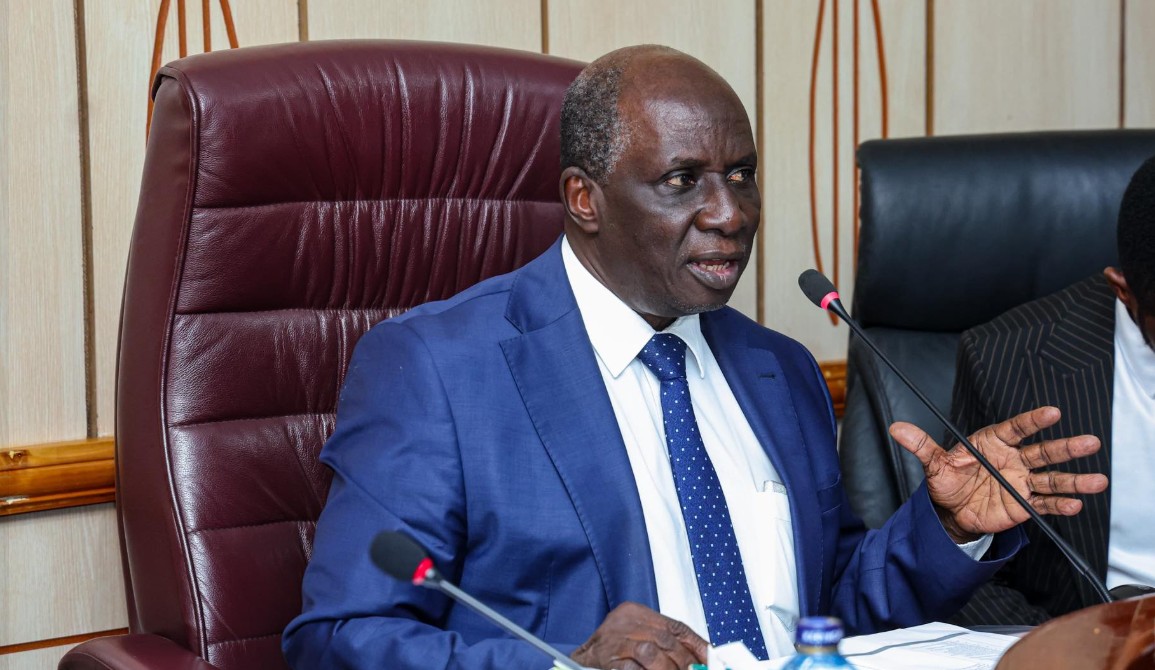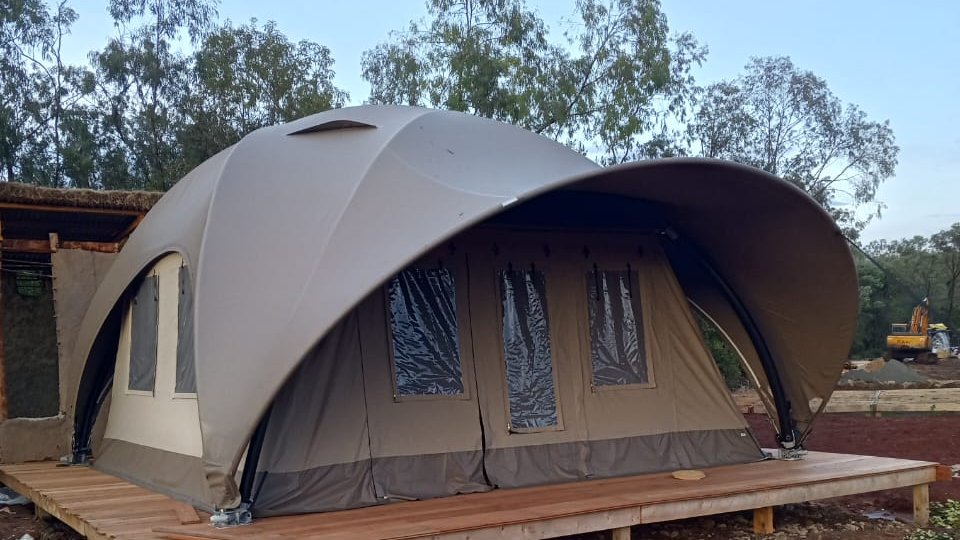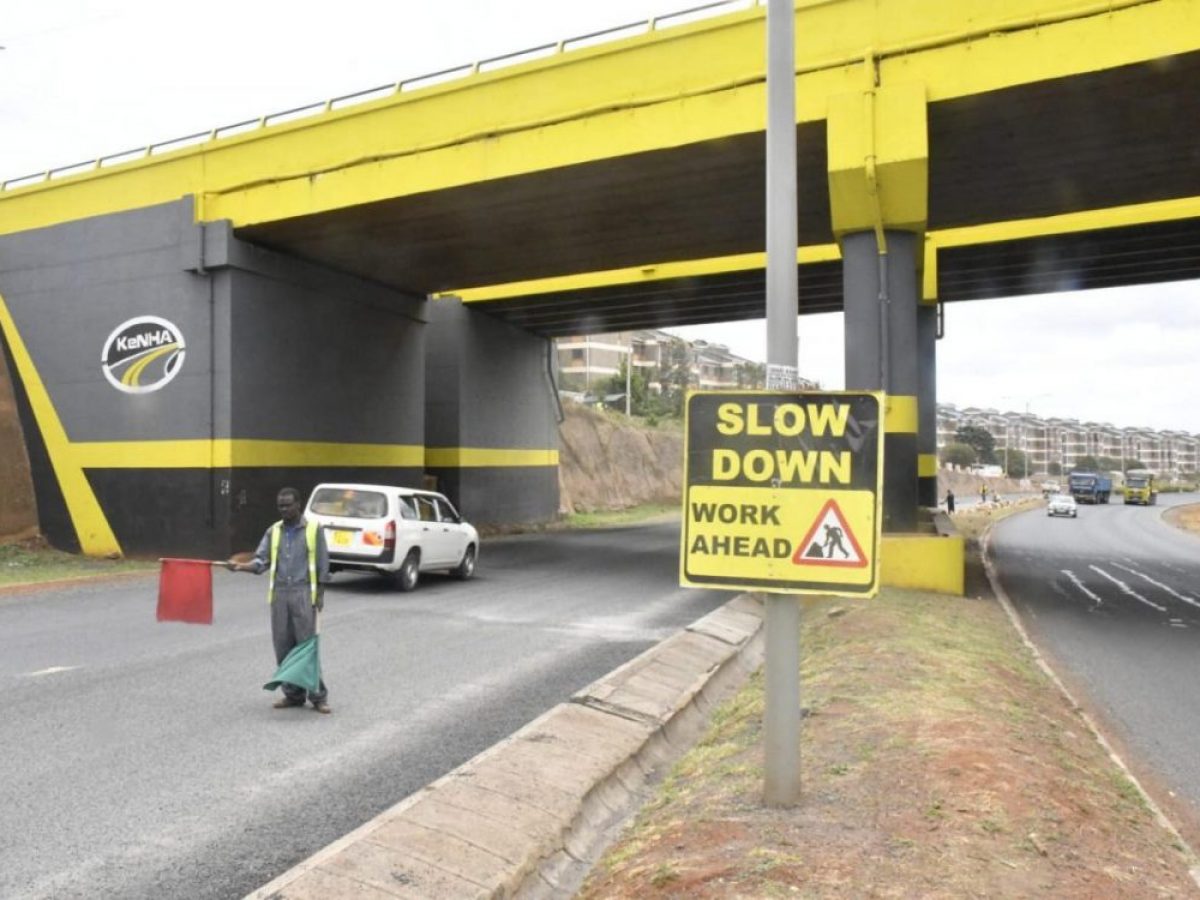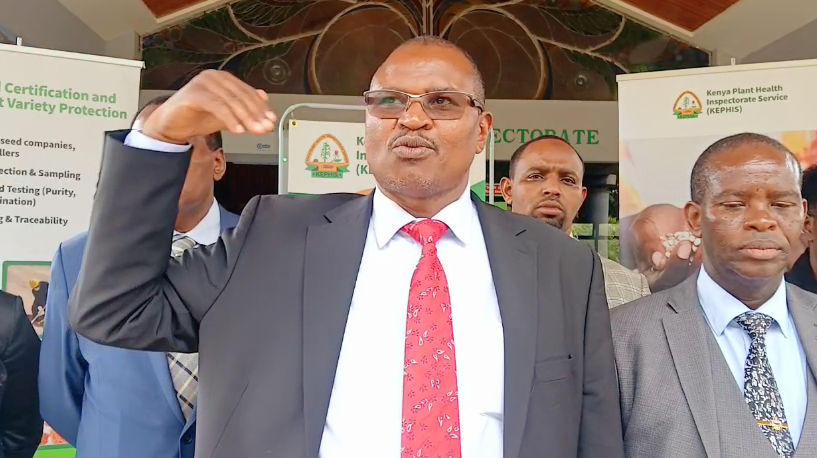Health CS Aden Duale issues key recommendations to tackle 2015 Thange oil spill crisis

CS Aden Duale said the Ministry of Health will write to KPC, requesting the company to fund the drilling of new boreholes, particularly in public institutions such as Thange High School, where existing water sources were shut down due to petroleum contamination.
Health Cabinet Secretary Aden Duale has laid out a detailed set of recommendations to address the health and environmental crisis caused by a 2015 oil spill in Thange, Makueni County, including compelling Kenya Pipeline Company (KPC) to finance critical remedial efforts and comply with public health laws.
Appearing before the Senate Energy Committee, Duale said the Ministry of Health will write to KPC, requesting the company to fund the drilling of new boreholes, particularly in public institutions such as Thange High School, where existing water sources were shut down due to petroleum contamination.
More To Read
- Duale blames corruption for weak tobacco law enforcement as Kenya rolls out stricter warning labels
- Ministry of Health revokes 306 nursing internships, cites ineligibility
- Cabinet approves 40 per cent top-up for road contractors, gives nod to KPC privatisation
- Duale orders CCTV upgrade in referral hospitals after Kenyatta National Hospital patient murders
- Committee proposes establishment of national deceased organ donation programme
- Health ministry unveils strict measures to restore order in nursing internship programme
He said the Ministry will also seek KPC’s support to finance soil and water testing in the affected areas. Petroleum products were reportedly detected as far as 40 kilometres away from the original spillage site, raising concerns about the full extent of environmental damage.
To prevent future disasters, Duale said the Ministry will issue a statutory notice to KPC under the Public Health Act, requiring the installation of a spill detection system along the pipeline. This, he said, is essential to ensure a faster response in the event of future leakages.
“We are committed to restoring the health and dignity of the residents of Thange. The Ministry will continue to provide policy guidance and technical support,” said Duale.
The Ministry will also participate in a joint Health Impact Assessment with the Makueni County Government to comprehensively evaluate the medical consequences of the spill. This follows complaints from residents about respiratory illnesses, skin conditions, rising cancer cases, suspected birth defects, and miscarriages in animals.
As part of the broader health response, Duale said the Ministry will continue to support the county government by facilitating annual medical screenings, strengthening psychosocial support, and establishing a health registry to track long-term post-exposure effects.
So far, two rounds of medical screenings have been conducted in the area, but the Ministry is still reviewing the findings. Duale noted that the results will inform the upcoming impact assessment and guide long-term interventions.
He said these recommendations were developed after a joint inspection conducted from May 1 to 4, which involved national and county government teams.
During the visit, officials observed strong oil smells and visible petroleum residues in local water sources, confirming community concerns about ongoing contamination. Residents also raised alarm over reduced crop yields, livestock deaths, and severe health complications during public forums held at Thange Primary and Secondary Schools.
The Senate Energy Committee had summoned the Health Ministry to explain its role and response to the oil spill, which continues to affect the health and livelihoods of hundreds of families nearly a decade after the incident. The Ministry’s recommendations now set the stage for a multi-agency response aimed at restoring safety and dignity to the affected community.
Top Stories Today













































